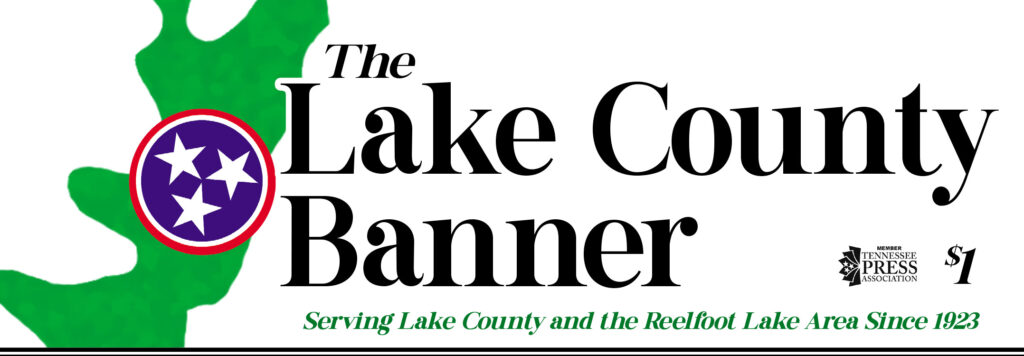If you live in a more rural area or one with access to groundwater or spring-fed wells, you may have the option of getting your water from a well instead of a municipal water plant. There are some key differences, however, between the two sources that you should consider. Read on to learn the pros and cons of well water vs. city water.
Well Water
When you use well water, you typically acquire drinking, bathing, and cleaning water from a private well on or near your property. Wells are constructed by digging into the earth and gaining access to an underground aquifer. After that, your water is piped into your residence.
Pros
It Can Be Much Healthier for You
Well water is often purer, more nutrient dense, and mineral rich. These minerals make the water considerably healthier to drink. Well water also lacks the typical chemicals used to treat municipal water, such as chloramine and chlorine, which can negatively affect the taste.
It’s More Affordable
You won’t have to pay a monthly municipal water bill, which can save you money. Having a well on your property can even increase your home’s value.
Cons
It’s More Susceptible to Contamination
Farm runoff, septic systems, power plants, and wildlife can all influence the quality of the water in your well. You should be aware of the different signs your water might be contaminated and have it tested regularly.
It Needs Electricity
Electricity is needed to pump water out of the ground, so your pump will cease operating if the power goes out. You should have an alternate source of electricity such as a backup generator or be prepared to live without water for a while if the power goes out.
City Water
City water typically comes from a municipal water supply system or a network that includes water treatment facilities, water storage facilities, and a pipe network for transporting treated water to consumers, such as residential, industrial, commercial, or institutional enterprises.
Pros
It’s Safe
City water is treated with chemicals to make it clean and disease free, which means you won’t have to worry about the pollution that can occasionally occur with well water.
It’s Widely Available
In most cases, homes should already have access to a municipal water supply. You also shouldn’t have to worry about running out of water except in the absolute worst of circumstances.
Cons
The Cost
If you get your water and sewage from the city, you’ll get a monthly or quarterly water bill. These water bills have also been steadily rising in the last few years.
Disasters Can Knock Out the Water Supply
Because the water, pipelines, and equipment must all be treated, it can take a long time for the water to be safe to drink after those worst circumstances, such as flooding or hurricanes. You may be under water boil advisories for a considerable amount of time.
These are just a few of the pros and cons of well water vs. city water. You’ll want to do additional research into the specifics of well and municipal water for your residence.







